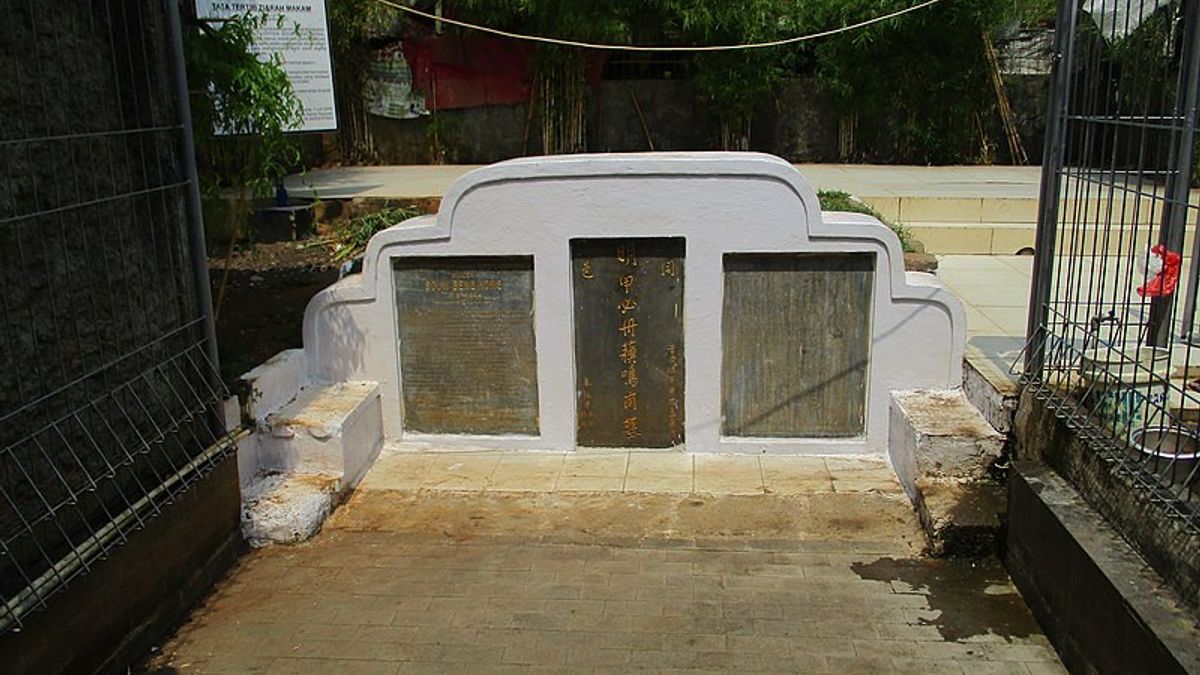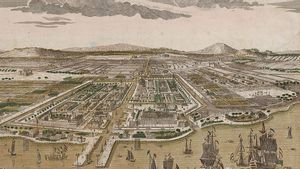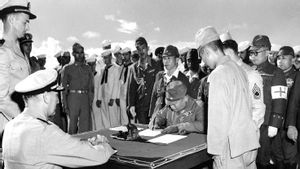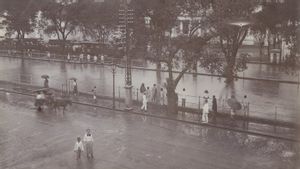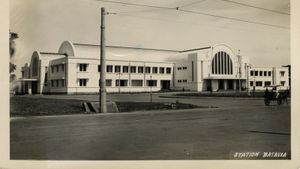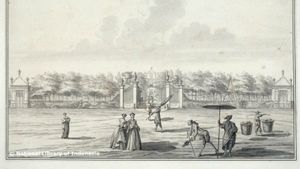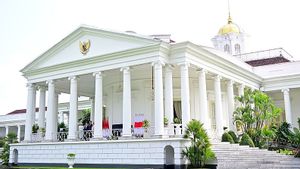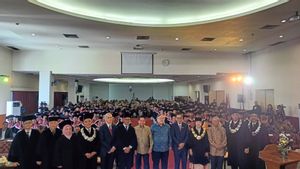JAKARTA – Today's history, 403 years ago, on October 11, 1619, the Governor General of the VOC Jan Pieterszoon Coen appointed Souw Beng Kong as Captain of China. Souw Beng Kong later became the first Chinese Captain in Batavia's long history.
Coen chose the man who is familiarly called Bencon not without reason. Bencon's tenacity and honesty are number one. Moreover, Bencon is considered by Coen to be able to bring big profits for the Netherlands. Bencon was also tasked with taking care of the lives of the Chinese in Batavia. From taxes to funerals.
The Chinese have an important meaning in the growth and development of Dutch colonialism in Nusantara. The Dutch needed Chinese power to build a colony, which was also the seat of government for the Dutch trading company VOC: Batavia.
In fact, the Governor-General of the VOC who had served twice (1619-1623 and 1627-1629) often opened the door wide for the entry of Chinese people, without exception. He believes in the presence of abundant profits behind the arrival of the Chinese. He also often lured the Chinese with a variety of privileges.

Coen made them respected people in Batavia. Since then, the Chinese came one by one to Batavia. Since then, the Chinese have become an important actor driving the economy. His tenacity is second to none.
Unlike the Dutch, they are willing to work anything. From carpenters to merchants. The Dutch also depend on the Chinese. Vice versa. Most of those who came felt at home living in Batavia. In return for the kindness of the Company, they were willing to become taxpayers.
“Chinese citizens who worked during the reign of the first governor-general have no complaints. This shows that Coen really appreciates its citizens. He never tolerated the British or the Dutch who treated the Chinese unfairly. Coen also does not view them as excessive taxes,” said Johannes Theodorus Vermeulen in the book Tionghoa di Batavia dan Huru Hara 1740 (2010).
Coen also tried to regulate the life of the Chinese in Batavia. To be organized, he thought. For that, he appointed a Chinese Captain to manage all forms of Chinese interests. People who are selected will be expected to be trustworthy in carrying out their duties.

The choice was not difficult for Coen. He had known a Chinese who was known to have great influence. Souw Beng Kong, his name. Coen also chose Bencon as the first Chinese Captain on October 11, 1619. Bencon's duties were heavy. Everything was run well until the end of his life.
“For this purpose, Jan Pieterszoon Coen on October 11, 1619, appointed Souw Beng Kong to be the first Chinese captain appointed by the Dutch. At that time the Chinese population in Batavia was around 400 people. Souw Beng Kong was also appointed chairman of the Kongkoan or Chinese Council. This council is in charge of managing all the interests of the Chinese, especially in dealing with funeral ceremonies and burial places for Chinese people in Jakarta.”
“Regarding the Kongkoan issue, the historian from Leiden University Professor Leonard Blusse stated that this Kongkoan was used by the Dutch government in addition to taking care of the interests of the Chinese people. In addition, this council is also tasked with recording data on Chinese people (a kind of census). And, more importantly, it is for the purpose of collecting death and funeral taxes,” said Benny G. Setiono in the book Tionghoa dalam Pusaran Politik (2008).
VOIR éGALEMENT:
The English, Chinese, Japanese, Arabic, and French versions are automatically generated by the AI. So there may still be inaccuracies in translating, please always see Indonesian as our main language. (system supported by DigitalSiber.id)
